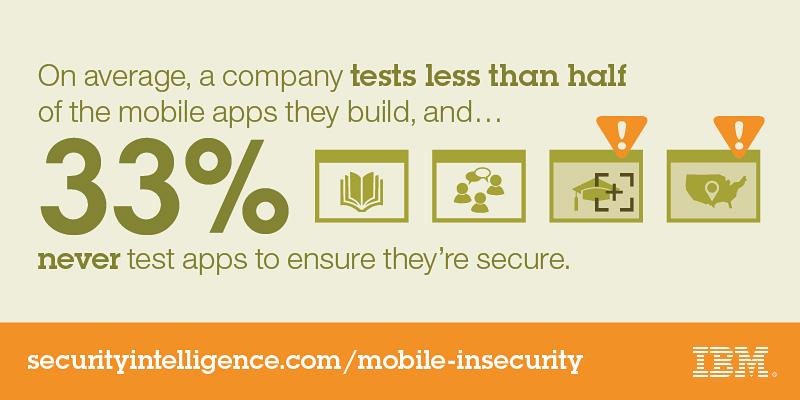Apple Pay has elevated mobile payments to a topic of conversation across
financial institutions and credit unions, large and small.
And many of those conversations relate to how these more “traditional”
players get their foot in the mobile payments door.
Tokenization has become a very popular concept in payments.
What impact does tokenization have on financial institutions and the payments industry?
The impact, we’re seeing on financial institutions and the payments industry relative to
tokenization has been one of tremendous interest, especially since the launch of
Apple Pay late last year.
Apple Pay is the first use case for tokenization specifically through the EMVCo specifications,
which utilize tokenization for static tokens.
Therefore, the token resides on a user’s phone instead of their card number.
One of the main concerns with mobile payments for our clients and their cardholders has been security.
So now with tokenization, the token replaces the card number, which isn’t exposed
on the phone to the merchant or through the transaction message.
That’s a very powerful message for the cardholder.
For Banks, FIs and credit unions, tokenization is a strategy to combine with EMV and
- Neural Fraud Detection
- Call center services
- Chargeback support
- Other risk tools
-Mobile to mitigate card-not-present fraud.
As new technologies and security approaches are scrambling to become
the champion in the mobile payments space, is tokenization here to stay,
and what may be next?
It may be too early to say if there’s a champion or one security technology
that may dominate the payments space.
Tokenization has definitely spurred a proposed standard,
and there could be others that adopt the technology for NFC and possibly HCE as well.
What we can say is that we are poised to complement
these new technologies,
new mobile securities and
additional participants to the mobile payments industry
to ensure Banks, FIs and CUs can participate with their cards and service
their cardholders through traditional methods or via their participation in
the mobile payments space.
Tokenization as one more technology change that continues to
address the individual needs of consumers.
We are focused on providing integrated, omni channel payments services
and wrapping security around every transaction regardless
of how the consumer chooses to pay.






